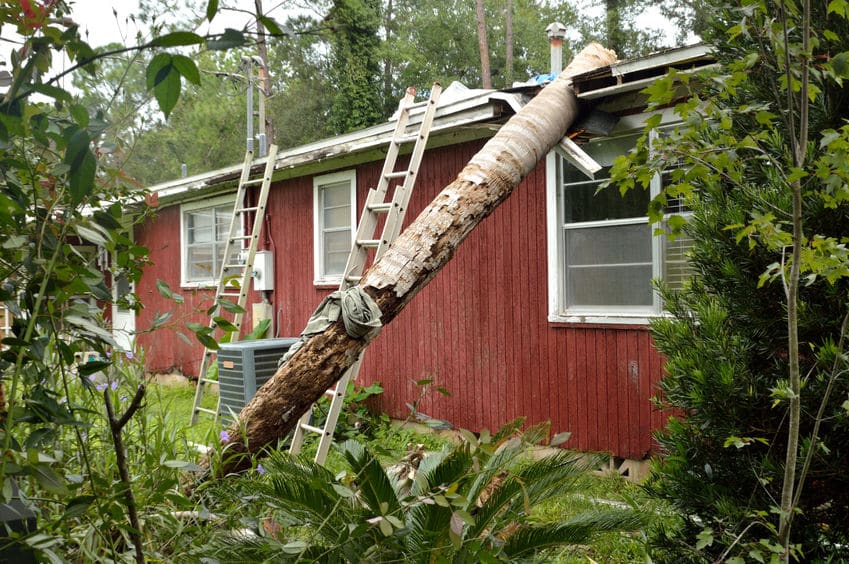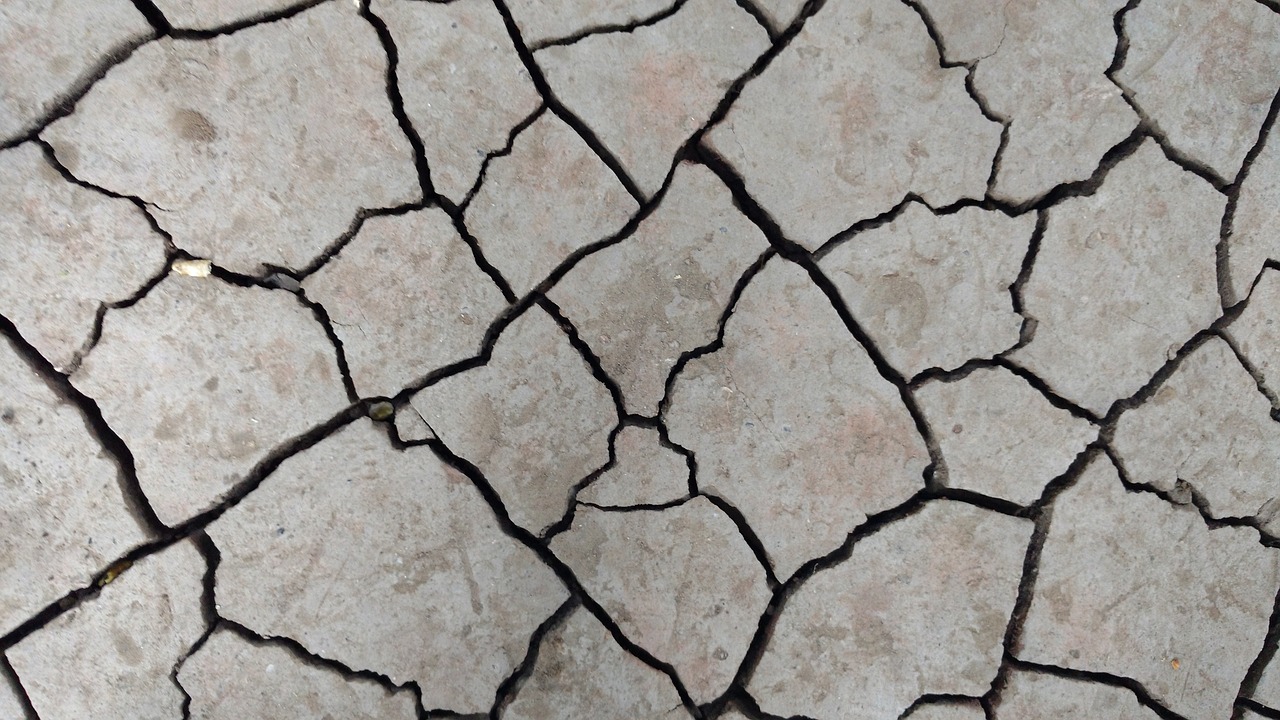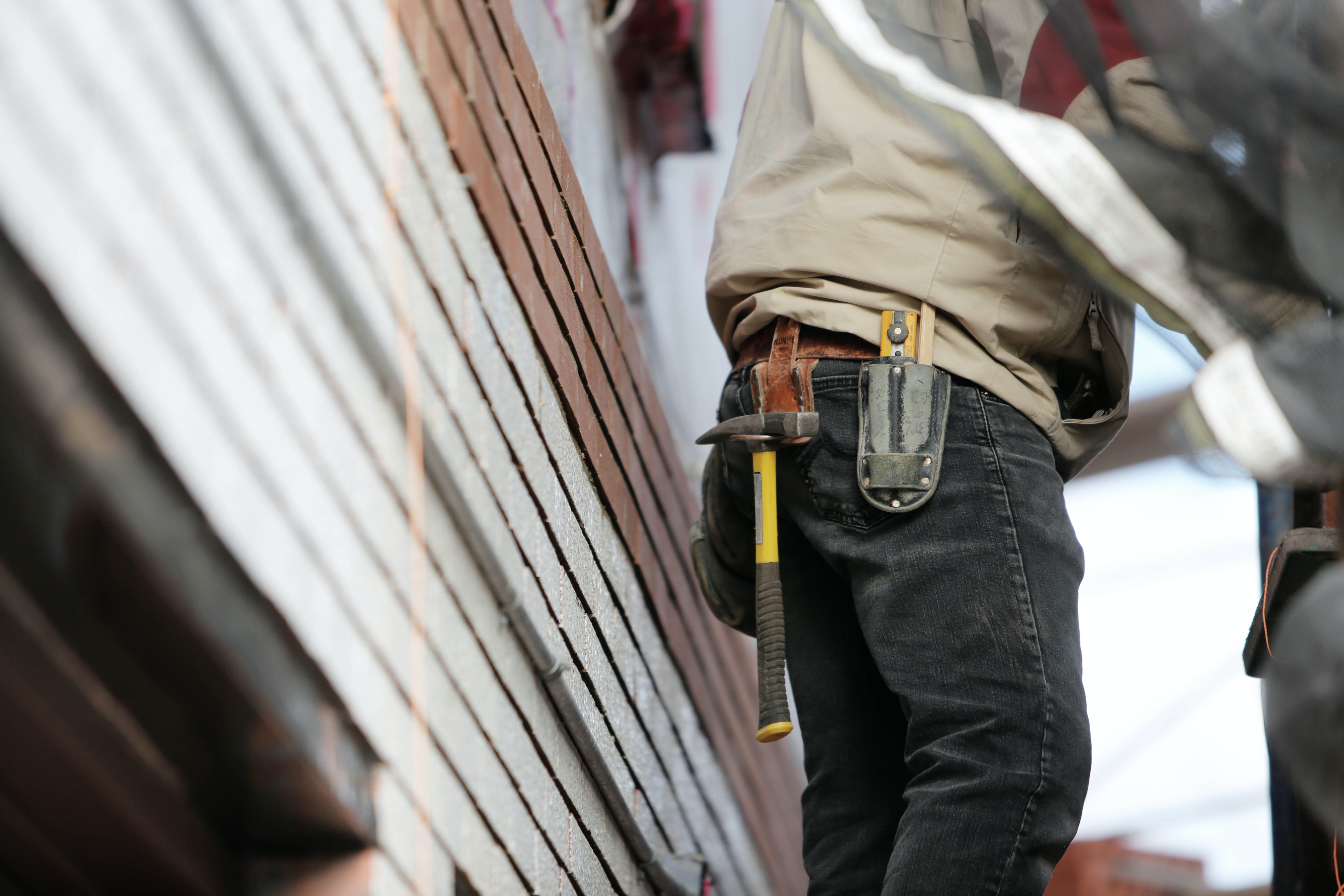
Falling Trees: How Are They Covered by Insurance?
Falling trees are a nightmare for property owners, especially as our seasons seem to be getting more violent, with wind and rain tearing through our neighborhoods. The idea of a tree falling on your house, tearing through the roof and walls, possibly condemning the entire building, is for many a near-worst-case scenario.
When things like this happen, we often assume they fall under acts of God and will be covered by insurance as a result. However, there are certain circumstances where a homeowner’s own negligence may cause the event to be denied coverage. Learn about the acts of God defense, how it applies to falling trees, and how to properly address the issue with your insurance coverage.
Acts of God, Falling Trees and Insurance Coverage
Most people assume that any damage resulting from natural forces—falling trees being a common example—qualifies as an act of God under insurance coverage terms. The truth can be far more complicated. For example, what if the tree was on your neighbor’s property and falls on yours? Is it your insurance company or theirs who covers it?
If the answer is that the issue is an act of God, you would think that it would be your own insurance company. However, just because it was a natural force that caused the incident, that doesn’t necessarily mean your neighbor isn’t responsible.
Defining an Act of God
One of the key factors in the act of God provision is how one defines what qualifies as an act of God. In general, the key qualifiers for this defense is that the event must not have been foreseeable or preventable. However, there is also an element of practicality involved. You may know that it’s possible for a sudden storm to whip up and knock over a tree.
That doesn’t necessarily mean that it’s expected to take every possible step to prevent it. You don’t, for example, have to cut down every tree on your land just to avoid them falling down. However, you are expected to take reasonable precautions. If a tree is rotten, blighted, or otherwise weakened, you should see to the problem.
Proving Liability
Unfortunately, these things aren’t always easy to prove. In the end, the key is that you shouldn’t just assume that your insurance is responsible for damage to your property from an act of God, when your neighbor’s might actually be liable for the incident. Often, this can come down to questions of ownership. If your neighbor owns a tree—that is, it’s on their property—they are often considered liable for damages that result from their tree.
Nevada Home Insurance Services
If you are the victim of property damage from a falling tree and you’re not sure who is responsible, the best bet is to call your insurance company and work with them to resolve the situation. If you are in need of home insurance services that care about our clients and are dedicated to resolving your crises, Harris Insurance is here to help. Read a bit more about our company, and get in touch with us to find out what we can do for you today.




